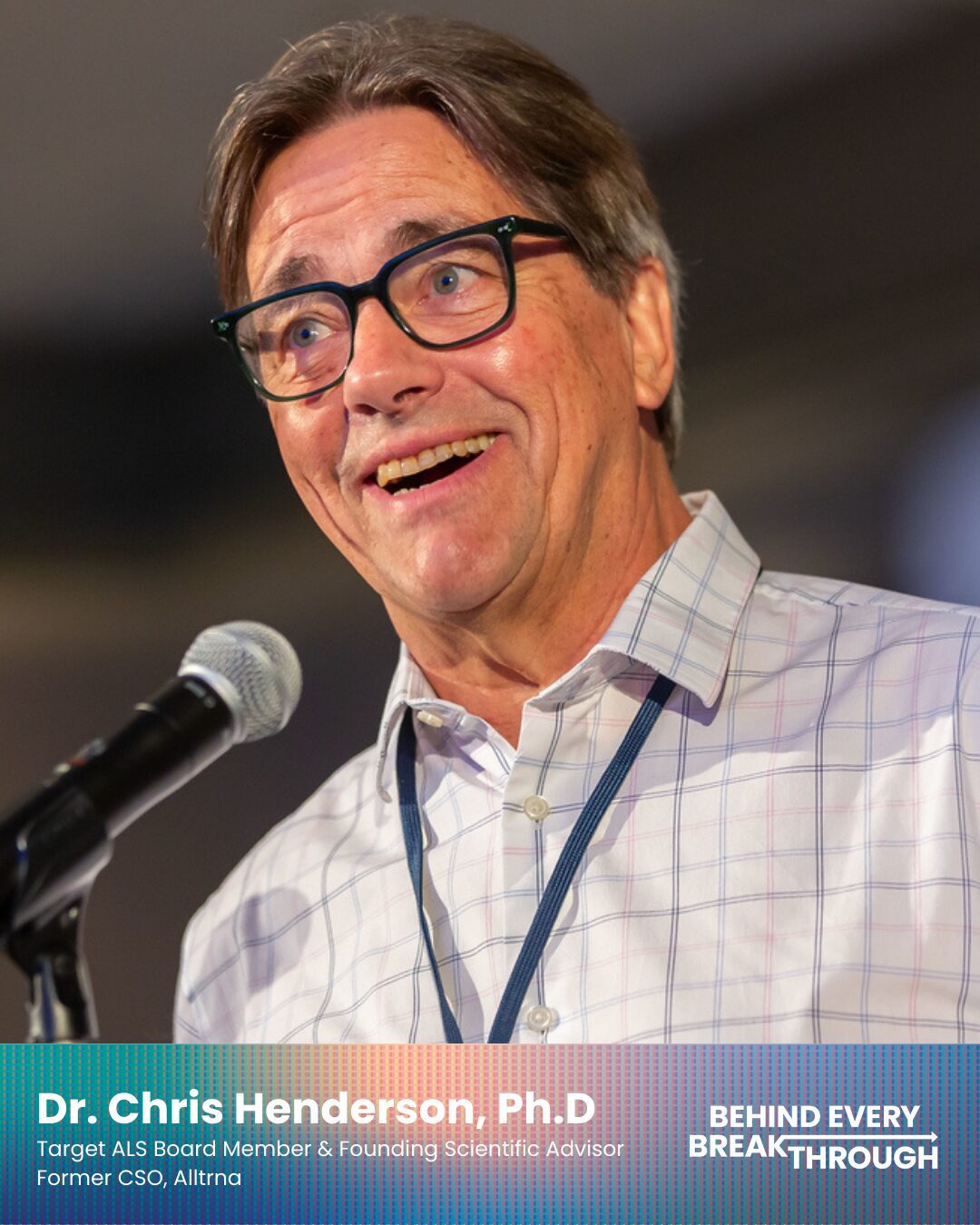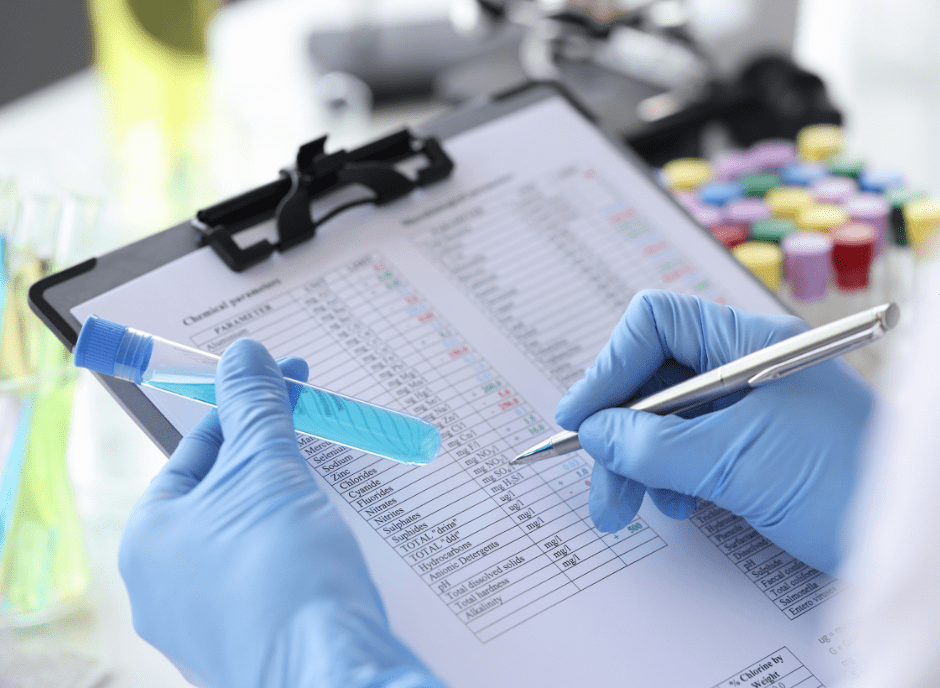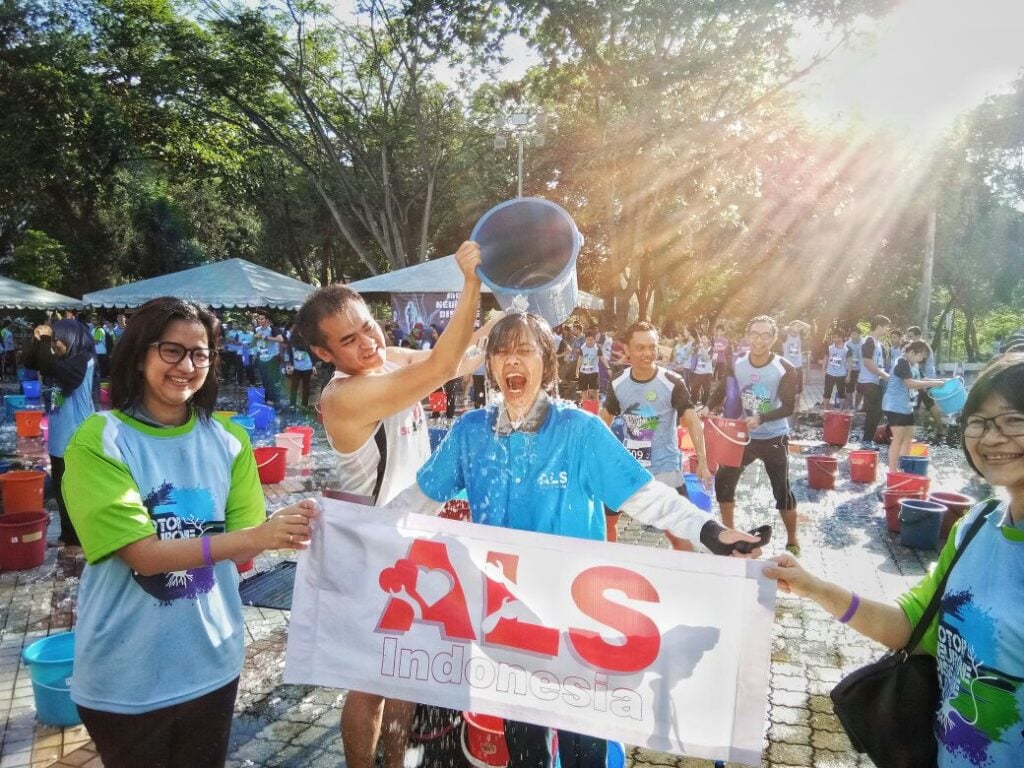
When you speak with Professor Premana Wardayanti Premadi, her quiet strength is immediately apparent. A renowned Indonesian astronomer, she has spent decades deciphering the cosmos and inspiring generations of students at the Bandung Institute of Technology. In 2010, her life took an unexpected turn when she was diagnosed with ALS. It was a disease that, at the time, had almost no visibility in Indonesia.
For someone used to exploring the universe’s deepest mysteries, the silence around ALS in her own country was deafening. “When I Googled ALS in Indonesian, there was nothing,” she recalled. “No information, no resources, no community.” That absence became the spark for something transformative.
Building a Voice Where There Was None
Premana’s first step was simple but powerful: she started a blog. She translated trusted medical information into Indonesian and mixed in reflections from her own life. Soon, messages began to arrive from families across Indonesia who had loved ones struggling with unexplained symptoms. In 2014, with just six people in a room, the Indonesian ALS Foundation was born.
She explained, “I am not a medical doctor, but I felt obliged to share information. Writing a blog was completely off my personality, I am very introverted, but it was needed. And slowly, people started writing back to me. That was the beginning.”
What began quietly has grown into a vital lifeline. Through WhatsApp groups, public seminars, and partnerships with dedicated neurologists like Dr. Sheila Agustini, the foundation has brought ALS into the national conversation. They have trained doctors to recognize symptoms, advocated for access to diagnostic tools like EMG machines, and created booklets for people with ALS and caregivers.
“We knew from the beginning that awareness had to reach both the public and medical professionals,” Premana explained. “Too many people were misdiagnosed or never diagnosed at all. Only a few neurologists knew what ALS was and how to diagnose it.”
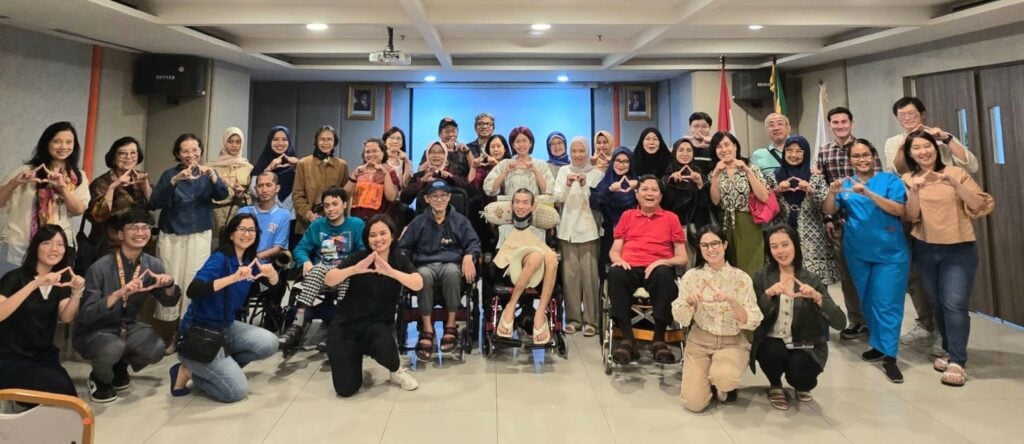
The Unique Challenges of ALS in Indonesia
In Indonesia, a country of more than 270 million people spread across thousands of islands, ALS presents unique challenges. Diagnosis is often delayed by months or even years, and cultural perceptions can add another layer of difficulty. Some families still interpret ALS as a curse or punishment, leaving people isolated when they most need support.
Geography and inequity compound the problem. Most people with ALS that the Foundation has reached live in large cities and have relative financial means. But Premana suspects the burden in rural areas, including Papua and northern Sulawesi, is far greater, and possibly influenced by environmental exposures and dietary factors. “We need research that reflects our diversity,” she said. “Our voices matter in shaping global ALS science.”
Science, Advocacy, and Hope
Premana brings a scientist’s lens to advocacy. Rather than asking “Why me?” she asks, “How?” She traces risk factors, considers environmental exposures, and insists on data that reflect Indonesia’s unique population. Her perspective is rooted in the same curiosity that has driven her work in cosmology: looking for patterns in complexity, while accepting that some answers may never come.
And yet, despite the weight of ALS, she is hopeful. She credits her slow progression to mindfulness, early adoption of assistive tools like a cane, and a refusal to deny herself support. She still finds joy in teaching, in her community, and in the small everyday rituals that give life meaning.
Her message to the global ALS research and science community is clear: “Thank you for taking on this difficult challenge. Unlike my work in cosmology, the answers you seek will change lives. If you can use anything from me, even my body for research, I am ready.”
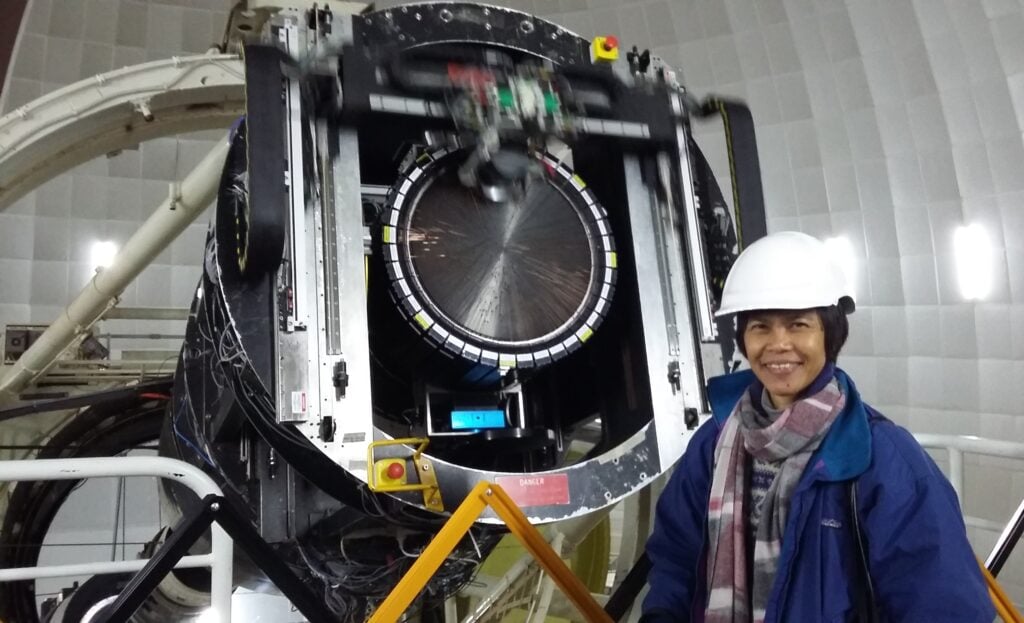
Looking Ahead
Today, the Indonesian ALS Foundation continues to expand its reach, bringing people with ALS, families, doctors, and researchers into conversation in a country where ALS was once virtually unknown. Premana remains central to that effort, applying the same persistence she once used to foster astrophysics community and advance astronomy to now building awareness and support for ALS.
Her story underscores a critical truth for Target ALS: progress against ALS requires listening to and including voices from every community, in every part of the world.
